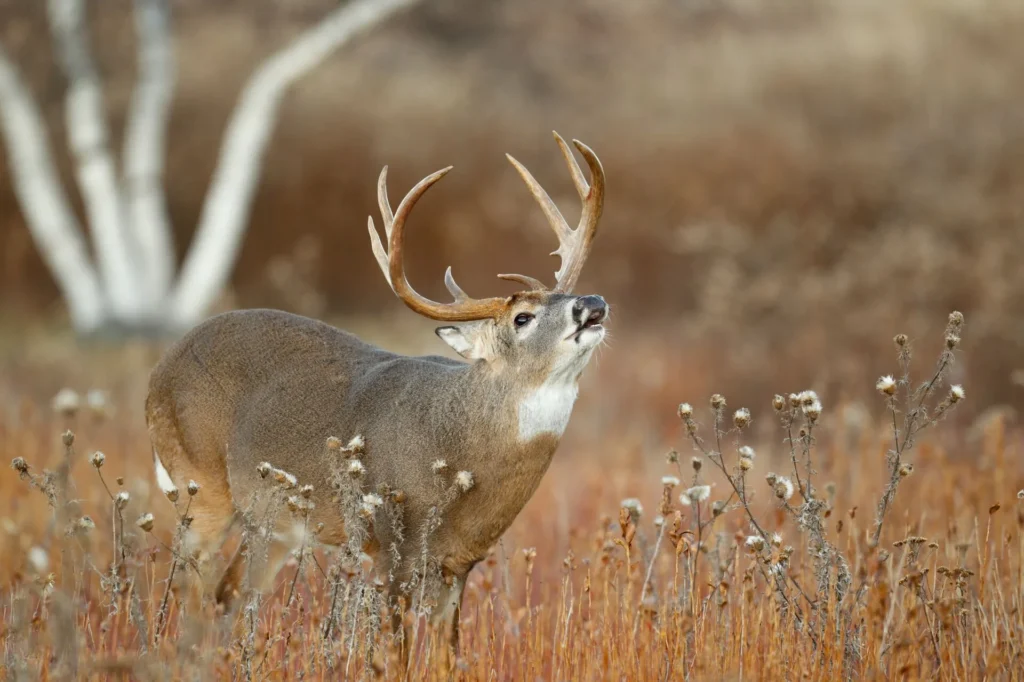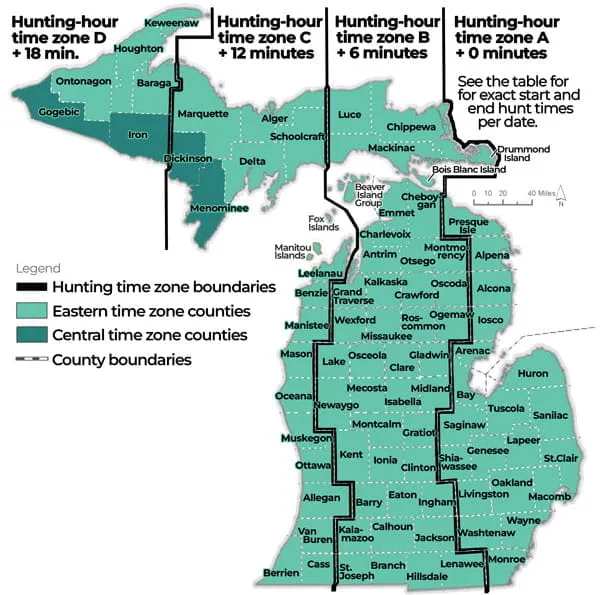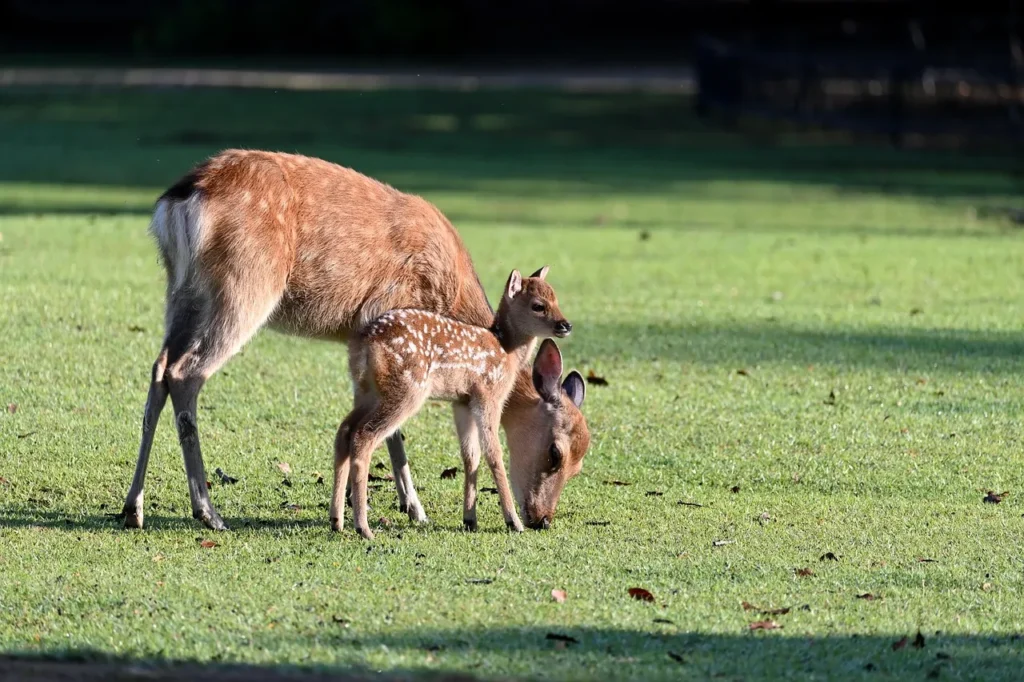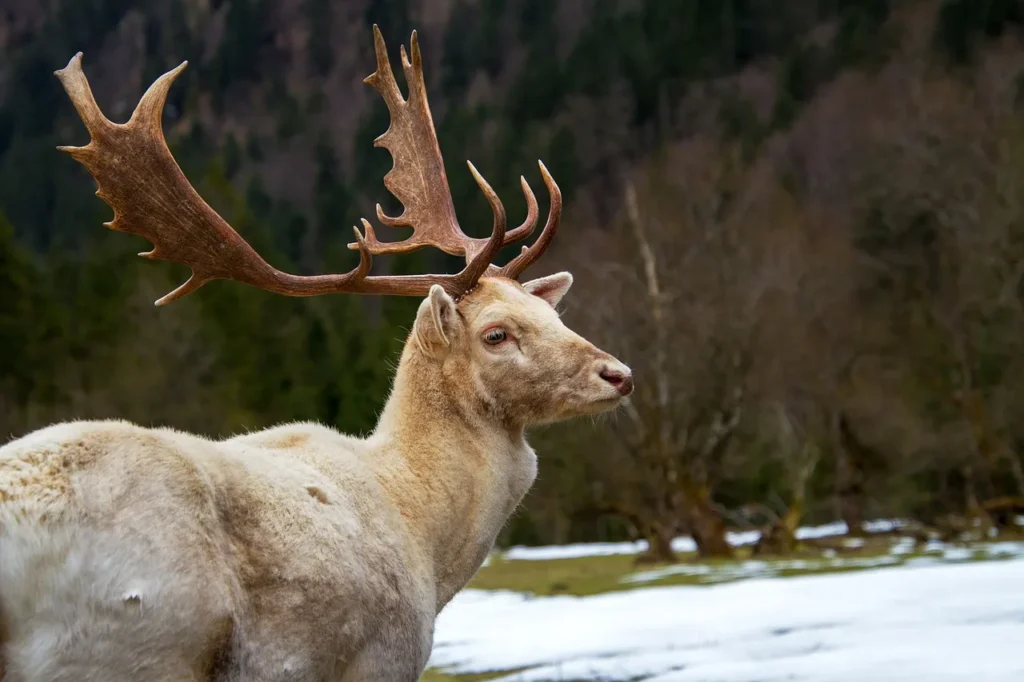Michigan Deer Hunting Changes in 2025: What Hunters Need to Know
Michigan’s deer population has reached an estimated 2 million, leading to concerns about overpopulation and its impact on agriculture, traffic safety, and ecosystem balance. In response, the Michigan Department of Natural Resources (DNR) and the Natural Resources Commission (NRC) have implemented several regulatory changes for the 2025 deer hunting season. These adjustments aim to manage the deer herd and address ecological concerns.
Key Regulatory Changes for 2025

1. Extended Late Antlerless Firearm Season
A new extended late antlerless firearm season has been introduced from January 2 to January 12, 2025, in select counties of the Lower Peninsula. This season allows hunters to harvest antlerless deer at a discounted license fee of $5 per deer, with a bag limit of 10 deer. The initiative aims to reduce the overpopulation of deer in these areas.
2. Expansion of Early and Late Antlerless Firearm Seasons

The early and late antlerless firearm seasons have been expanded to include both public and private lands in open counties. Previously, these seasons were limited to private lands only. The early season runs from September 21–22, 2024, and the late season from December 16, 2024, to January 1, 2025. This change aims to increase deer harvest opportunities and manage the population more effectively.
3. Extended Archery Season
The archery season has been extended through January 31, 2025, in select counties, including Huron, Kent, Lapeer, Macomb, Oakland, Sanilac, St. Clair (excluding DMU 174), Tuscola, Washtenaw, and Wayne. This extension provides opportunities for hunters to harvest deer during the late winter months.
4. Muzzleloader Season Expansion

Muzzleloader season in Zones 2 and 3 has been expanded to allow all legal firearms. Previously, only muzzleloading firearms were permitted. This change aims to provide hunters with more flexibility during the season.
5. Antlerless Deer Hunting Access Permits
In the Upper Peninsula, a three-point antler point restriction (APR) has been implemented on the single deer license in DMU 122. Additionally, in DMU 352, hunters using a universal antlerless deer license are required to also have an antlerless deer hunting access permit. Only 500 access permits will be available in DMU 352, with applications opening from July 15 to August 15.
Additional Legislative Developments
Proposed Fee Increases for Hunting and Fishing Licenses

On May 1, 2025, bipartisan legislation was introduced to raise hunting and fishing license fees for the first time in nearly a decade. The proposed bills include a $5 surcharge on base, combination, and all-species fishing licenses, with funds earmarked for wildlife habitat conservation, public access improvements, and enforcement initiatives. Additionally, all license fees would be indexed to the Consumer Price Index to adjust for inflation.
Proposed Constitutional Amendment for Hunting and Fishing Rights
A House Joint Resolution introduced on February 12, 2025, aims to amend the Michigan state constitution to enshrine the rights of citizens to hunt, fish, trap, and harvest wildlife as part of the state’s heritage. The amendment would recognize these activities as subject to regulations ensuring sound wildlife conservation and management.
Tips for Hunters in 2025
- Stay Informed: Regularly check the Michigan DNR website for updates on regulations and season dates.
- Plan Ahead: Apply for antlerless deer hunting access permits early, as availability may be limited.
- Be Prepared: Ensure your equipment meets the legal requirements for the expanded muzzleloader season.content.
- Respect Regulations: Adhere to all hunting laws and guidelines to contribute to sustainable deer population management.
Conclusion
The regulatory changes for the 2025 Michigan deer hunting season reflect a proactive approach to managing the state’s deer population. By implementing extended seasons, expanding hunting opportunities, and introducing legislative measures, Michigan aims to balance ecological concerns with the interests of hunters and the broader community. Hunters are encouraged to familiarize themselves with these changes to ensure a successful and responsible hunting season.